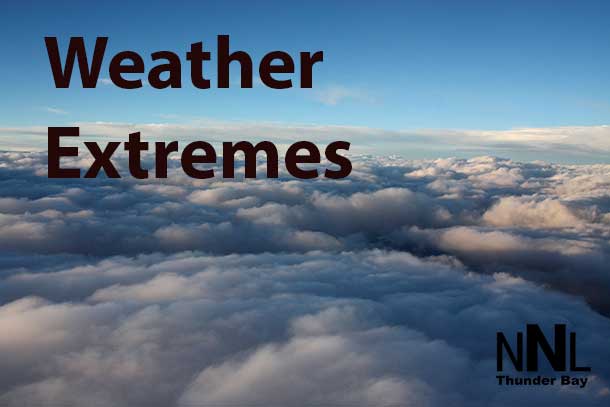 TORONTO – WEATHER – March is coming in like a lion in Toronto.
TORONTO – WEATHER – March is coming in like a lion in Toronto.
Dr. David McKeown, Toronto’s Medical Officer of Health, has issued an Extreme Cold Weather Alert today for Toronto that will be in effect until further notice.
Exposure to cold weather can be harmful to your health. Hypothermia occurs when the body’s core temperature drops below 35°C and can have severe consequences, including organ failure and death. Frostnip and frostbite can also occur in cold weather when skin freezes.
During extreme cold weather, residents are encouraged to call or visit vulnerable friends, neighbours and family to ensure they are not experiencing any difficulties related to the weather. Those most at risk of cold-related illness are people who work outdoors, people with a pre-existing heart conditions or respiratory illness, those taking certain medications, infants and young children, and those who are homeless. People with heart problems can experience worsening of their condition up to several days after cold weather occurs.
This alert triggers cold weather services for homeless people, including three 24-hour drop-ins, additional shelter beds, TTC tokens for people to get to shelter, increased street outreach, and a direction to shelters to relax any service restrictions in place.
During an Extreme Cold Weather Alert, members of the public are encouraged to take the following precautions:
- Dress in layers, making sure your outer layer is windproof, and cover exposed skin.
- Wear a hat, warm mittens or gloves, and warm boots.
- Stay dry. Your risk of hypothermia is much greater if you are wet.
- Choose wool or synthetic fabrics for your clothes instead of cotton, because cotton stops keeping you warm once it gets wet.
- Seek shelter if you normally spend long periods outside. Depending on the wind chill, exposed skin can freeze in minutes.
- Avoid alcohol as it increases blood flow. You may feel warm even though you are losing body heat.
- Consider rescheduling outdoor activities, or limiting time outdoors, especially if it’s windy.
- Heat your home to at least 21ºC if babies or elderly people are present.
If you see someone on the street who needs outreach assistance – which may include a shelter bed due to the cold temperatures – call 311. For medical emergencies, call 911.
More information and tips for staying warm during extremely cold weather are available at http://www.toronto.ca/health.






